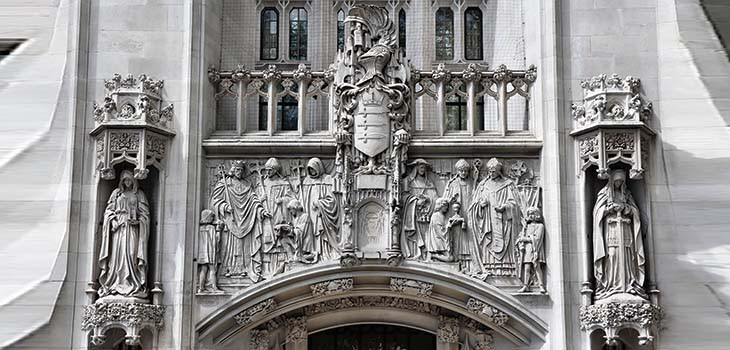
It’s a ‘not-uncommon situation’, he writes, ‘where an alleged fraudster faces linked criminal and civil proceedings based on essentially the same allegations’. Walbank covers the reasoning and conclusions of the Supreme Court, noting that practitioners will be ‘mightily relieved’ the Supreme Court ‘has so decisively grasped the nettle’ on the issue.










